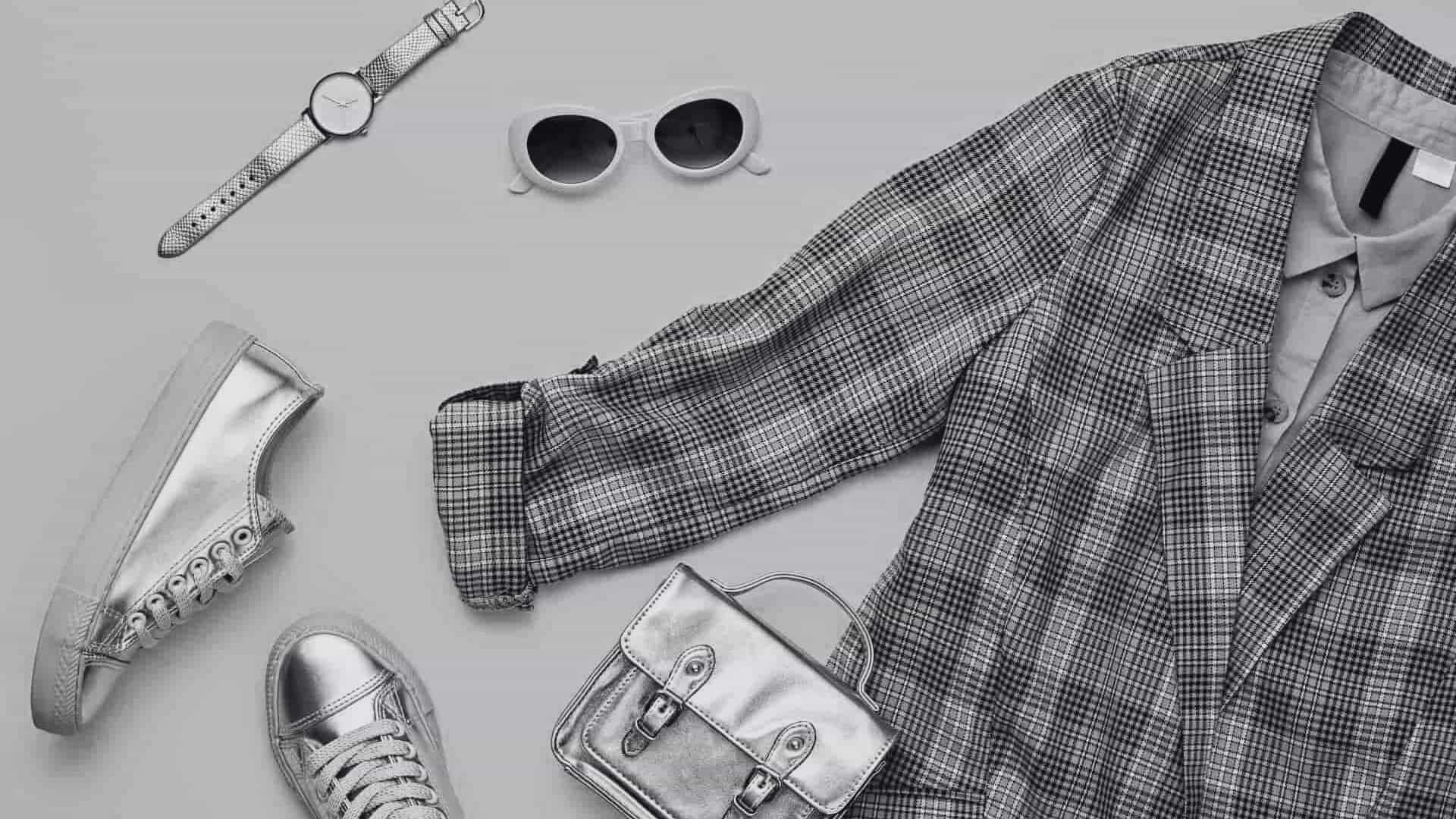Lucy Aylen created Never Fully Dressed (NFD) by customizing clothes and selling them at the Portobello and Spitalfields markets. Her first, impactful step towards supporting sustainable fashion, was taken here.
Today, Never Fully Dressed is a global brand that creates clothes that can be worn in multiple ways; they can be adapted to fit a variety of body types and shapes.
Therefore, you can still wear the same clothes if you gain or lose weight, and you can also adapt them, to change their style. Let’s not forget that the younger generation does not wear clothes more than once, so it’s important to prolong their lifecycle.
Target Audience
Women between the ages of 25 and 45 who enjoy following the latest trends and invest in quality wardrobe pieces make up the core customers of the brand.
Women of all shapes, sizes, and styles are catered to by this female sustainable fashion retailer.
Never Fully Dressed for Sustainability
Each month, the company reviews areas of its business following its social responsibility policy in an effort to increase its sustainable offerings
Customers are their influencers, and they sit at the center of their business. In 2019, they introduced a pre-loved initiative to encourage their customers to extend the life of their wardrobes. NFD customers are encouraged to send back pre-loved items that they then sell through their Depop channel in exchange for NFD loyalty points.
So, in a world where fashion trends change at the speed of light, it’s refreshing to see a brand like Never Fully Dressed carving out a niche for itself with a sustainable and inclusive approach.
This innovative design philosophy is not just a trend but a movement toward body positivity and sustainability in the fashion industry.
What are their secrets, though?
Adaptability: A Never Fully Dressed Core Design Principle
Adaptability is at the heart of Never Fully Dressed‘s philosophy.
With clever design elements like adjustable straps, stretchable fabrics, and versatile cuts, their clothes fit beautifully whether you gain or lose weight. Rather than the clothes fitting the body, the brand acknowledges that bodies change.
Catering to Diverse Body Types and Shapes
Inclusion is one of Never Fully Dressed’s most commendable characteristics. They cater to a wide range of body shapes and sizes by designing clothes that can be worn in multiple ways; this approach not only makes fashion more accessible, but also celebrates body diversity.
There are endless possibilities and empowerment in the tunics, from wrap dresses that accentuate curves to tunics that can be belted or left loose.
Taking Action Against Fashion Waste
Never Fully Dressed presents a sustainable solution to the problem of young people not wearing clothes more than once. By creating clothes that can be styled differently and worn on multiple occasions, they encourage consumers to prolong the lifecycle of their garments. Besides reducing waste, this also challenges the throwaway culture prevalent in the fashion industry.
Sustainability in Fashion: More Than a Buzzword
By producing clothes that last longer and transcend seasonal trends, Never Fully Dressed is reducing the environmental impact of fashion. The approach appeals to environmentally conscious consumers, as well as setting a new standard for the entire industry.
Choosing Ethical Suppliers
Suppliers who are registered with Never Fully Dressed are selected based on this ethical ethos. To determine a ‘fair wage’, working hours must meet local laws and be based on the local average wage.
All suppliers must adhere to the following requirements:
- Zero tolerance for modern-day slavery
- Zero tolerance for child labor
- Monitored control of any excessive overtime hours worked per employee
Health and safety measures in place for:
- Emergency evacuations from the building
- Fire escapes clear passage and signposted
- Fire alarms regular testing and recorded drills
To support efforts toward a circular economy, Never Fully Dressed recommends that textiles and packaging be made from recycled materials; manufacturing virgin materials and recycling them immediately is not permitted.
Sustainable Fashion Begins with Sustainable Fabrics and Materials
Their efforts to reduce their environmental impact continue with the introduction of recycled polyester and biodegradable fabrics such as viscose, lyocell, and organic cotton. The new swimwear collection is made up of 85% recycled polyester, a product of recycled plastic bottles. They used eco-friendly washes and chemicals in the treatment of the denim to reduce the environmental impact when they launched their denim range in 2021.
Never Fully Dressed on Reducing Waste
In order to reduce waste in all their processes, they use waste fabric from garments to make drawstring bags for accessories and face coverings. This creates a more circular fashion process in their factories.
The company also launched its responsible packaging this summer, which reduces packaging waste by using recycled materials; the packaging is FSC-certified and conforms to the Global Recycled Standard. They also use recycled materials for their woven back neck labels and follow the Global Recyclability Standard.
Sustainability Fashion is the Future
The Never Fully Dressed brand is more than just a fashion brand; it is a harbinger of change in an industry that needs it desperately. It is redefining what fashion means by offering style, sustainability, and inclusivity in a world where fashion is often fleeting.
Would you like to learn how to make your fashion brand more sustainable? Contact Euphemia Marketing CEO, Effie.



